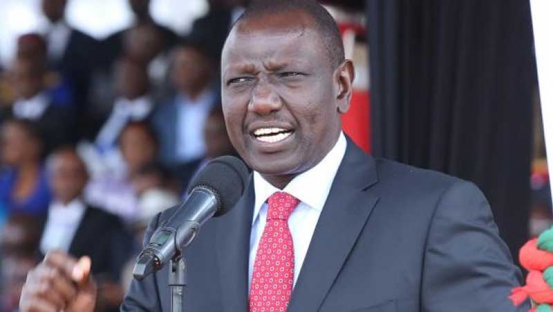
Deputy President, William Ruto, is the big paradox in President Uhuru Kenyatta’s second term hopes and dreams. He embodies what Jubilee needs and what it does not. Feeling fairly comfortable in his local orbit of Central Kenya, the President needs his deputy to lock in the Kalenjin vote, while both also collect every other vote that they possibly could.
Tragically, the DP scares away votes with equal ease as he attracts them. This is both within and without his Kalenjin community. He is the Gordian Knot in which Jubilee’s presidential fate seems to be strongly tied.